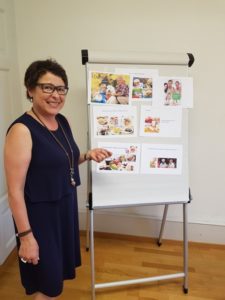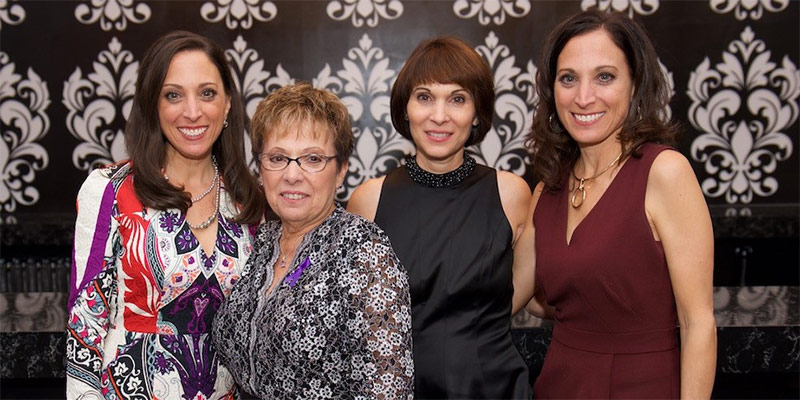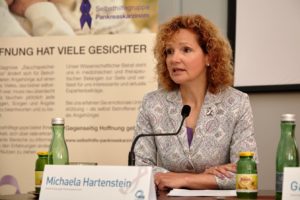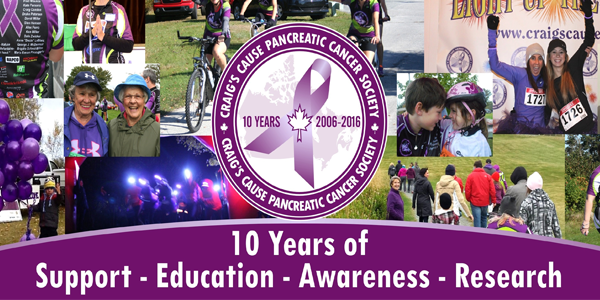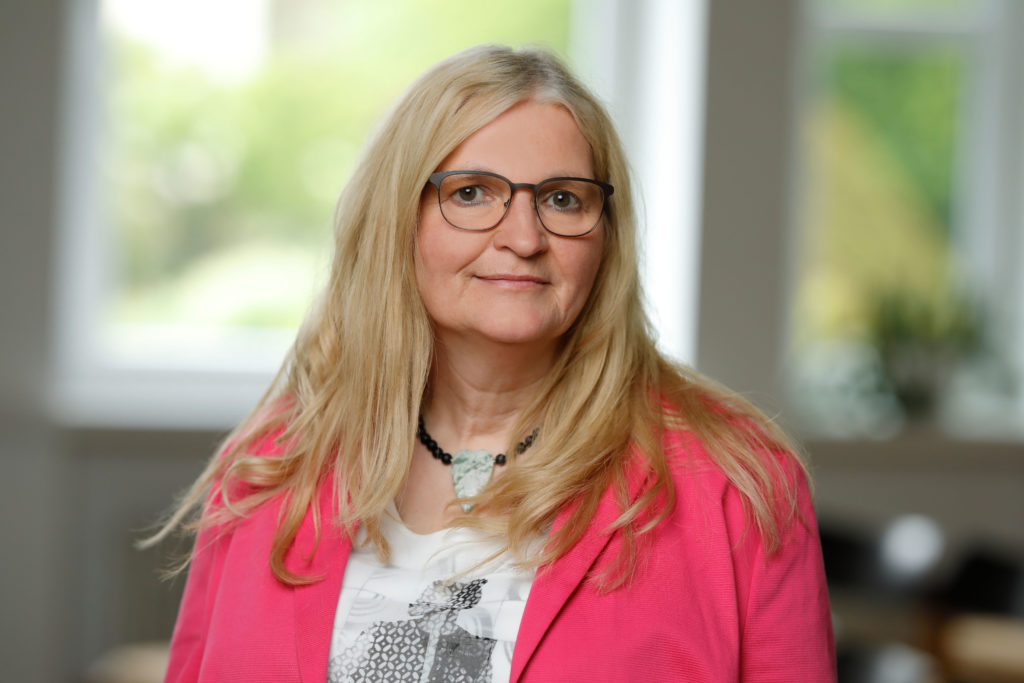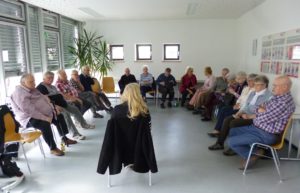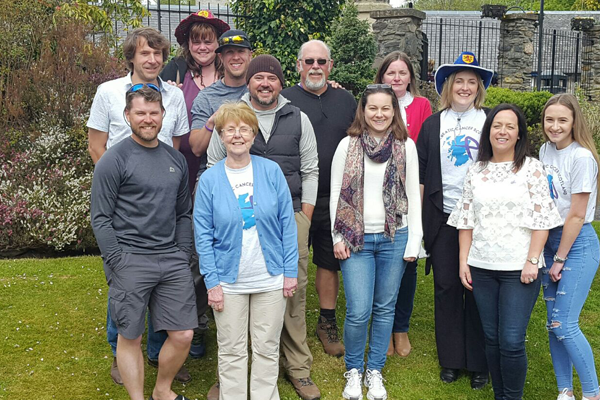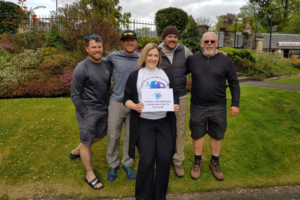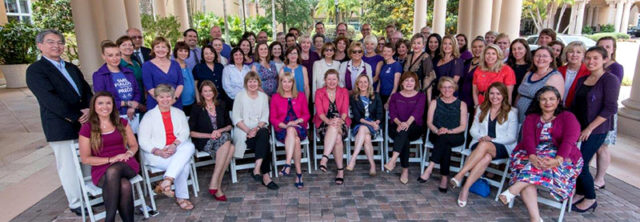Montreal, Canada welcomed more than 80 attendees from more than 20 countries to the second annual World Pancreatic Cancer Coalition (WPCC) meeting May 2 — 5, 2017.
“The energy, momentum and enthusiasm at this year’s meeting was extremely exciting and inspiring for all of us,” said Julie Fleshman, JD, MBA, Chair of the WPCC and president & CEO of the Pancreatic Cancer Action Network. “It’s remarkable to hear the individual perspectives and ideas from the Coalition members and even more incredible knowing the passion we all have to raise awareness together, as one voice, in the fight against pancreatic cancer.”
The country greeted the more than 40 pancreatic cancer organizations with open arms. Canadian-based host organizations, Pancreatic Cancer Canada Foundation and Craig’s Cause Pancreatic Cancer Society, secured support and proclamations from Justin Trudeau, the Prime Minster of Canada, and Stephen McNeil, the Premier of Nova Scotia.

Attendees at the second annual World Pancreatic Cancer Coalition meeting in Montreal, Canada.
“This gathering provides delegates with a wonderful opportunity to discuss innovative ideas on detection methods and treatment options for pancreatic cancer,” said Trudeau in his welcome letter to Coalition members. “You can take satisfaction in knowing that your dedicated efforts are making a significant difference in the health and well-being of Canadians.”
Over the course of three days, attendees explored fundraising and advocacy best practices, as well as patient and caregiver empowerment strategies, listened to impassioned testimonials from pancreatic cancer survivors and heard about the latest research trends from leading physician-scientists.
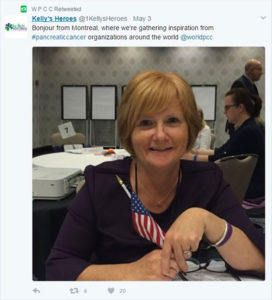
Kelly’s Heroes was one of 40 pancreatic cancer organizations in attendance at this year’s event
The WPCC Steering Committee plans to identify ways to support this kind of sharing of expertise and resource year-round based on the positive feedback provided in the post-meeting evaluation forms.
Attendees also took time to reflect on the many accomplishments from each individual Coalition partner, as well as the collective whole.
Between 1997 and 2016, WPCC member organizations have funded approximately $200 million in research funding, representing over 500 individual grants.
Since last year’s inaugural gathering in Florida, 10 new organizations have joined the WPCC, representing Spain, Germany, Greece, Norway, Switzerland and the United States — bringing the WPCC member total to 62 member organizations representing 24 countries.
“As the Coalition grows in numbers and strength, member organizations will work together on global initiatives to raise awareness and highlight the need for more funding to fight pancreatic cancer,” added Fleshman.
One of the coalition’s primary activities is World Pancreatic Cancer Day (WPCD), which will be held this year on Thursday, Nov. 16. The one-day event aims to raise global awareness of the disease.
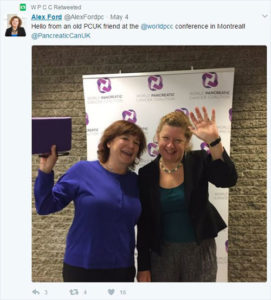
Clara MacKay, WPCC consultant, and Alex Ford from Pancreatic Cancer UK, are all smiles at the annual WPCC meeting
While onsite, Coalition members participated in a series of brainstorm and planning discussions on how to improve upon and expand the annual awareness opportunity. More details on this year’s World Pancreatic Cancer Day will be announced in the coming weeks at worldpancreaticcancerday.org.
As the World Pancreatic Cancer Coalition plans next year’s annual meeting and World Pancreatic Cancer Day, member organizations will individually and collectively continue to fulfill the Coalition’s mission to drive transformational change for all those affected by pancreatic cancer. Learn more about the Coalition at worldpancreaticcancercoalition.org.
Below are several quotes from Coalition members in response to the annual meeting, as well as social media snapshots from the event.
View more photos from the second annual Coalition meeting on Facebook and get connected with the Coalition and World Pancreatic Cancer Day on social media.
World Pancreatic Cancer Coalition: Facebook, Twitter and Instagram
World Pancreatic Cancer Day: Facebook, Twitter and Instagram
– Our strength is that we learn from each other
– So much information – 2 days out of 365 is not enough
– We are a family – driven by passion. It is motivating to see us operate as one
– We as a group can make a real difference
– If we had the same unity in the clinical world as we do in the WPCC, it would make life easier
– No egos in the room – it’s about all of us, not just one group
– Great things never come from staying in your comfort zone!

Justin Trudeau, Prime Minister of Canada, welcomes WPCC members to Canada

Though serious in nature, the WPCC meeting was one of fun and productivity

A representative from the United Kingdom raises their flag in support of the WPCC

